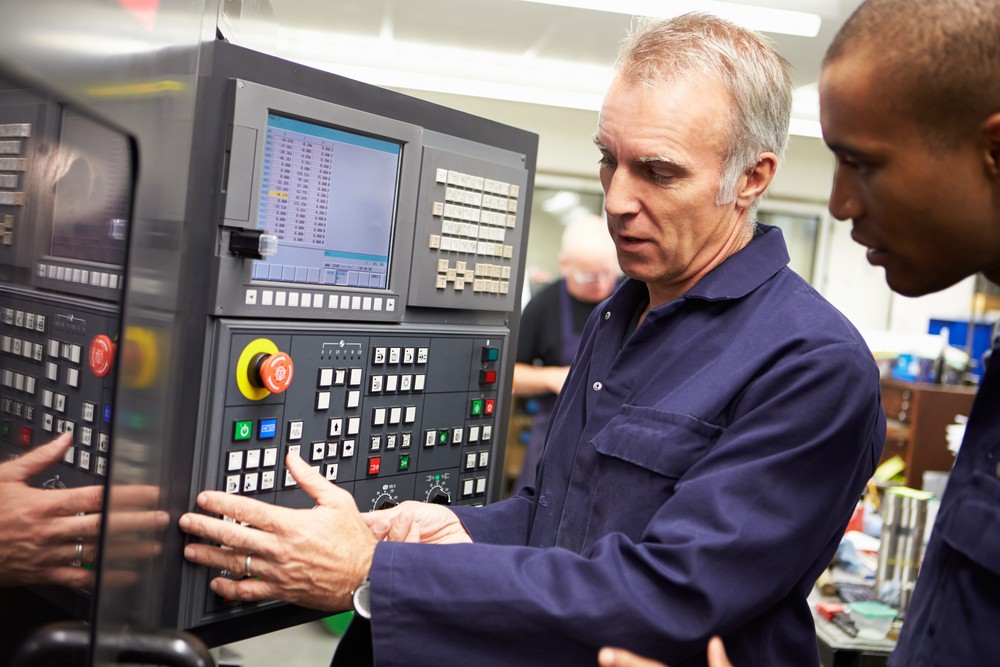5 Reasons Manufacturers Need an Internship Program in 2021

Internship programs aren’t what they used to be. Once akin to what a temp position is today, internships used to be competitive opportunities for workers to get a career foothold, and for companies to attract fresh talent right out of school. Today, many internships are less desirable: a source of free or cheap labor for menial tasks and a limited learning opportunity for low-level job placement. With the exception of a few leading manufacturers, the internship position needs to be modernized to become something that’s exciting for younger workers and producers alike.
Manufacturers need to reinvest, revamp, or create an internship program that gets up-and-coming students excited about a career in manufacturing. This means creating a defined internship program with decent pay, access to position- and field-specific learning, opportunities to shadow tenured employees, and, most important, the opportunity to gain a toehold for a future career.
The benefits of a robust internship program just make sense for companies. Here’s a look at some of the biggest reasons to invest in a manufacturing internship program in 2021.

1. Attract up-and-coming skilled talent
New graduates aren’t excited about braving the job pool and most companies don’t like hiring blind from that same pool. An internship program cuts out the middleman, connecting able workers with manufacturers in a more holistic way. While still in school, interns get a head start working in their preferred field and manufacturers get the opportunity to test the mettle of new graduates before making a firm hiring decision.
2. Create a homegrown talent system
Opening the pipeline from trade school or university to manufacturing creates a funnel of talent that can form the long-term bedrock of your manufacturing workforce. Interns become full-time employees, who grow and learn, climbing the hierarchical ladder. This tenure creates stability within the company and opens the door for even more new hires to repeat the process. It’s a “draft and develop” mindset that can pay dividends.
3. Tap into cutting-edge knowledge
Interns represent new knowledge. What they’re learning in the classroom is already ahead of what your employees learned two or three years ago. Bringing interns into the factory environment not only taps into this knowledge in the form of future hires, it helps manufacturers set the pace of their operations to the level of incoming talent. It’s a good measure of technology. Are you on-par with what new graduates are learning or behind the eight ball with a need to innovate?

4. Close the skills gap in your factory
Speaking of cutting-edge skills and insights, the purpose of an internship program is to identify and cultivate talent in your factory. It’s an opportunity to select the best and brightest from your program and formally welcome them aboard. In doing so, you close the skills gap and promote a new generation of capable workers. This is something more and more manufacturers need to consider as the Silver Tsunami approaches.
5. Promote your reputation
People want to work for companies that take a vested interest in their workforce and their future. An internship program shows both, and the presence of manufacturers in trade schools and universities can help cultivate a reputation for excellence. When people want to work for you, it becomes easier to acquire, retain, and empower talent.
An investment in an internship program in 2021 could very well pave the foundation of your workforce for decades to come. And, the fact is, the cost of an internship can be nominal compared to the cost of searching for, vetting, and onboarding talent from the general pool of applicants. That alone is enough to justify the return on investment of a healthy internship program.